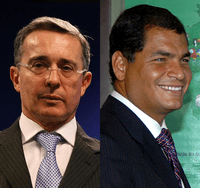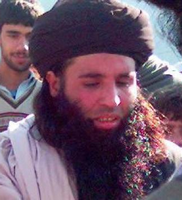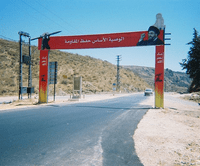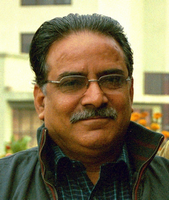
Since taking office in 2002, Colombian President Álvaro Uribe has not wavered from his campaign promise to use a “firm hand” to eliminate the Revolutionary Armed Forces of Colombia (FARC). By all indications, Colombia’s counterinsurgency effort has been largely effective in weakening the rebel group, considered to be a terrorist organization by the United States and European Union for its involvement in high-profile kidnappings and drug trafficking. But an unintended side effect of Uribe’s tough approach has been the deterioration of Colombia’s bilateral relations with Ecuador and Venezuela. Colombia has accused its neighbors of being sympathetic to the FARC and […]



